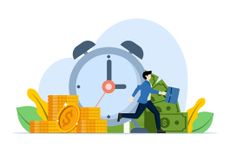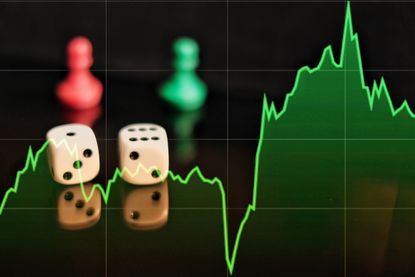Spread Betting
The latest news, updates and opinions on Spread Betting from the expert team here at MoneyWeek
-

Intermediate options trading strategies: how to profit from them
Options trading strategies such as spreads, straddles and strangles can open new opportunities
By James Proudlock Published
-

How to trade commodities using spread betting and CFDs
Commodities such as energy, metals and foods behave differently to stocks and bonds. Learning how to trade them can open up new opportunities to profit from volatility
By Eoin Treacy Published
-

0DTE options: should you bet on America's favourite?
Zero-days-to-expiration (0DTE) options are popular with US traders seeking high leverage, but consistent profits by betting on short-term market direction are slim
By Theo Casey Published
-

Spread betting for beginners: five trading tips
A short-term trading strategy can complement a long-term investment portfolio, but it can be costly for the unwary and reckless
By Dr Matthew Partridge Published
-

How to place a spread bet
Features Placing your first spread bet can be a daunting experience. Here's how the process works in simple terms.
By Cris Sholto Heaton Last updated
Features -

Spread betting skills – how to think like a trader
Features When spread betting, one of your toughest opponents is not other spread betters, it's your own brain. Here are three ways it can trick you into losing money.
By Tim Bennett Last updated
Features -

Betting on politics: the odds on Keir Starmer leaving
Tips Labour's recent by-election win has eased the pressure on Kier Starmer. But there's still plenty of action in the betting markets, as Matthew Partridge reports.
By Dr Matthew Partridge Published
Tips -

Betting on politics: who will win Norway's general election?
Tips Norway is due to go to the polls in a general election in a few months’ time. Matthew Partridge casts his eyes over the candidates and picks a favourite.
By Dr Matthew Partridge Last updated
Tips -

Game over at GameStop – should you join the short sellers?
Tips It’s no wonder short-sellers have targeted ailing video-game retailer GameStop, says Matthew Partridge. Perhaps you should too. Here’s how to play it.
By Dr Matthew Partridge Published
Tips
